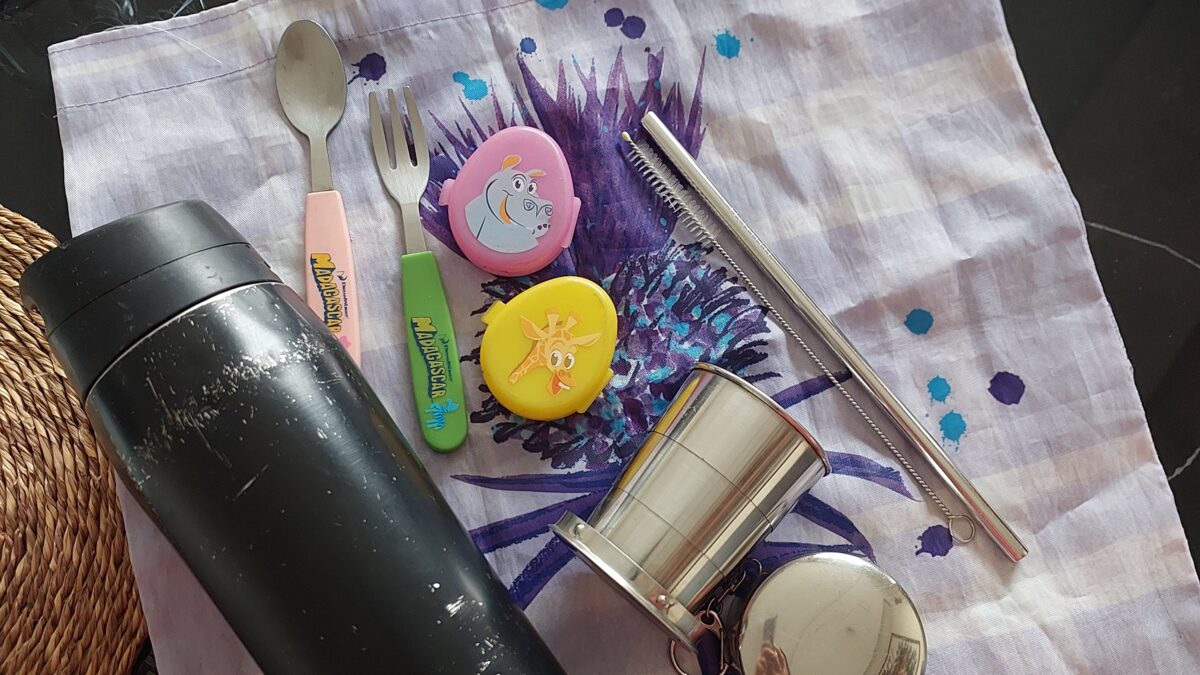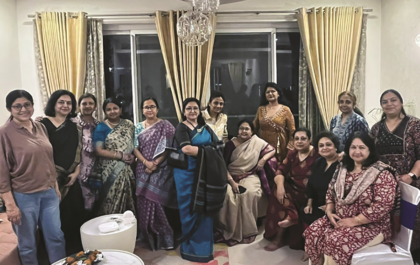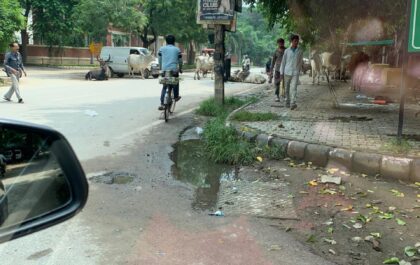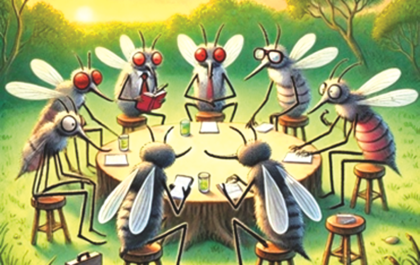Living Sustainably is living with low waste. It is about consuming less, needing less and wanting less. A journey where Less is truly More. We pursue this journey as a community through this column by talking about various themes around living a low waste life.
In today’s column, we continue to address the knotty plastic problem.
Plastic, rather its profuse usage and irresponsible management, has brought many harmful effects to the environment; But with knowledge and mindful usage, the consumer can make a dent in the plastic armour.
It will be a small number for an individual, but many such individuals can add to make the dent dramatic, a synergy reminiscent of the “small step for man but a giant one for mankind”.
With this intent, we talk about the types of plastics and the ones you should avoid.
Plastic products are divided based on the polymer type and application. This code is indicated on many (but not all) plastics as a triangle formed by three circling arrows with a number in the middle.
As a conscientious consumer, we can avoid or use less products that use HDPE (code 2) [shopping bags & opaque bottles] & PET (code1) (transparent bottles). In fact, some AOH residents avoid using plastic by buying from stores that supply grains and oil in refillable bottles (Kirana store) and brands like Brown Living and Bare Essentials that use minimal packaging.
By carrying a refillable steel bottle, cloth bag and a pouch that contains a steel cup, straw, box and spoon, one can almost eliminate single use in one’s every day.
In situations where you are ‘stuck’ with plastic packaging, then you must responsibly segregate it before disposing. A chips or milk packet, yoghurt cup etc have to be rinsed in water and dried, the oily order-in food containers need to be washed well with soap, dried and only then disposed.
Essentially this ‘value’ you add through your conscientious action decides whether this material is recycled or dumped in the landfill. Granted it is an effort, but it will ensure our children inherit ‘not a landfill’ from us!
I have found making a small, designated spot to do this work every day makes it a habit.
I hope all of you adopt these steps to reduce consumption and embrace sustainability.
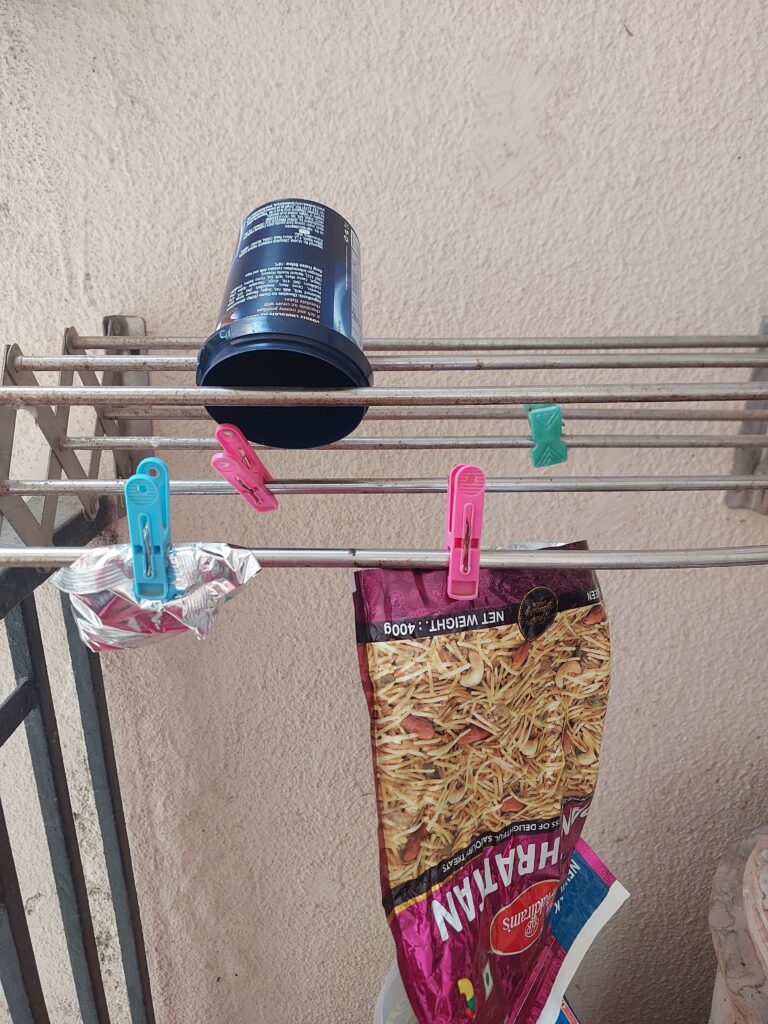
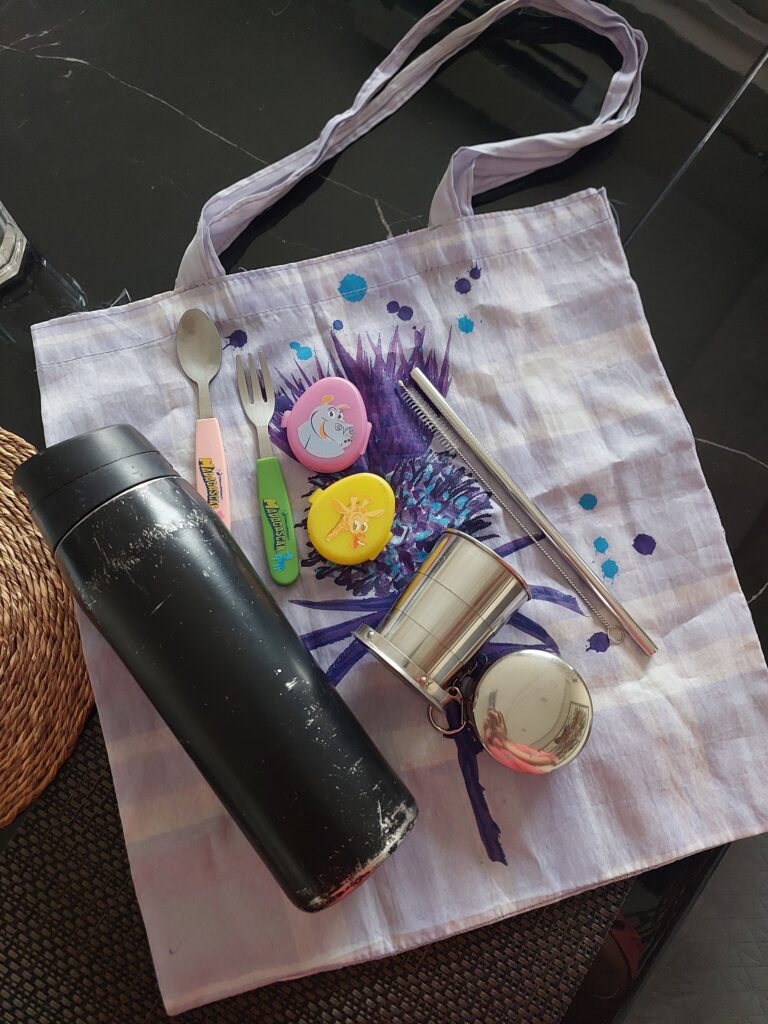
Popular Stories
Football Tournament @Princeton
More Than a Festival: The Art and Power of Durga Puja
Personality of the Month- ‘Dr Usha Mediratta’
Stray Cattle Menace In Front of Galleria
The Chronicles of Malibu Towne: A Mosquito’s Tale
“Senior Living Is Not An Old Age Home” say Mr & Mrs Bose
Recent Stories from Nearby
- सनसिटी में धमाकेदार माह अक्तूबर झलकियां November 7, 2024
- ‘Suncity is like Kashmir’ November 7, 2024
- Suncity Township Celebrates Enhanced Water Resilience: A Leap Towards Seamless Living November 7, 2024
- Residents Should Stay Alert, Stay Safe November 7, 2024
- Kitchen Waste in Suncity is Transformed into Electricity November 7, 2024

